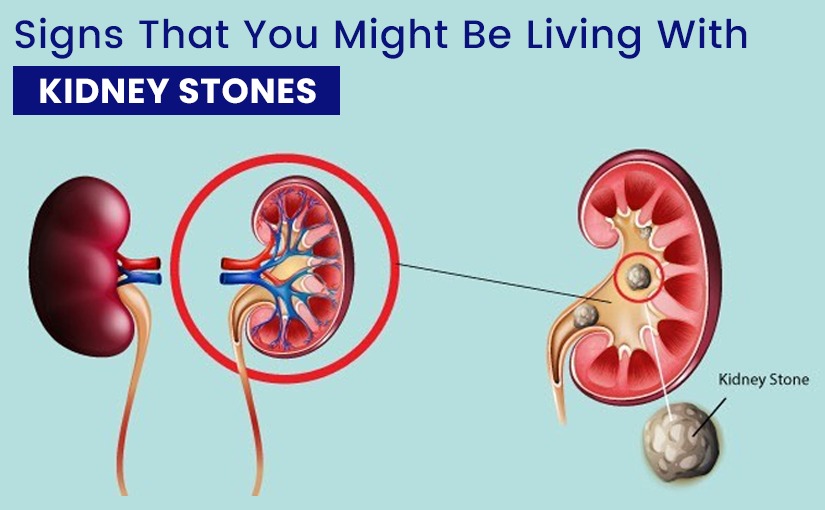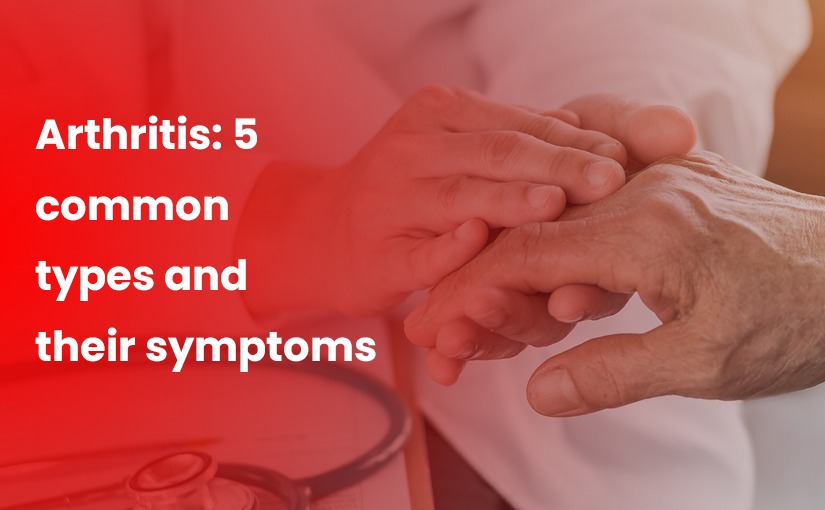Kidney stones that are hard deposits of minerals and salts develop inside our kidneys. They are known by several names, such as renal calculi, nephrolithiasis, or urolithiasis. They are fairly typical and really painful.
Although passing kidney stones can cause a lot of pain, if identified on time, they usually don\’t cause long-term damage. Depending on your condition, you may only be prescribed painkillers and asked to consume a lot of water to remove a kidney stone through urine. However, in certain circumstances, such as when stones become problematic or get stuck in the urinary tract or are linked to infection, surgery may be required.
Thus, the removal of kidney stones becomes an easy process, if it is recognized earlier. The presence of kidney stones comes with signs and symptoms. You just have to recognize them so that you can get early treatment. Here are the signs and symptoms that reveal you are living with kidney stones.
Signs that you have kidney stones
Typically, symptoms do not appear until a kidney stone shift or enter one of the ureters, the tubes that connect the kidneys and bladder.
This results in the restriction of the flow of urine, inflammation of the kidney, and spasm can occur in the ureter. All of these conditions cause a lot of pain. Thereafter, you may exhibit the following symptoms:
- Excruciating, stabbing pain on the side and back below the ribs
- Radiating discomfort in the lower abdomen and groin
- Intermittent, variable-intensity pain
- While urinating, you may experience pain or a burning feeling.
Besides pain, you can also experience
- Red, pink, or brown urine
- Cloudy or stench-filled pee
- A constant urge to urinate, urinating more frequently or urinating infrequently
- Nausea and diarrhoea
- In case of an infection, you can have fever and chills
When the kidney stone passes through your urinary path, the pain it causes may alter, such as moving to a different spot or becoming more intense.
When should you visit a doctor?
If you experience any of these signs or symptoms, you must immediately seek medical help if you experience
- Severe pain that you are unable to remain motionless or find a comfortable position.
- Nausea, and vomiting
- The presence of pain along with fever, and chills
- Presence of blood in the urine
- Pain, burning sensation and difficulty in urination
Conclusion
If treated timely, kidney stones can be passed easily through urine or removed through surgery.
To get relief from the unbearable pain of kidney stones, meet the nephrologist at Kalpit Hospital, the best multispecialty hospital in Khalilabad, Uttar Pradesh. Kalpit Hospital in Khalilabad has a top-notch facility to treat people suffering from various diseases. Our experienced and knowledgeable nephrologist can treat effectively various kidney-related issues.
If you have kidney stones, book an appointment with the nephrologist at Kalpit Hospital.



